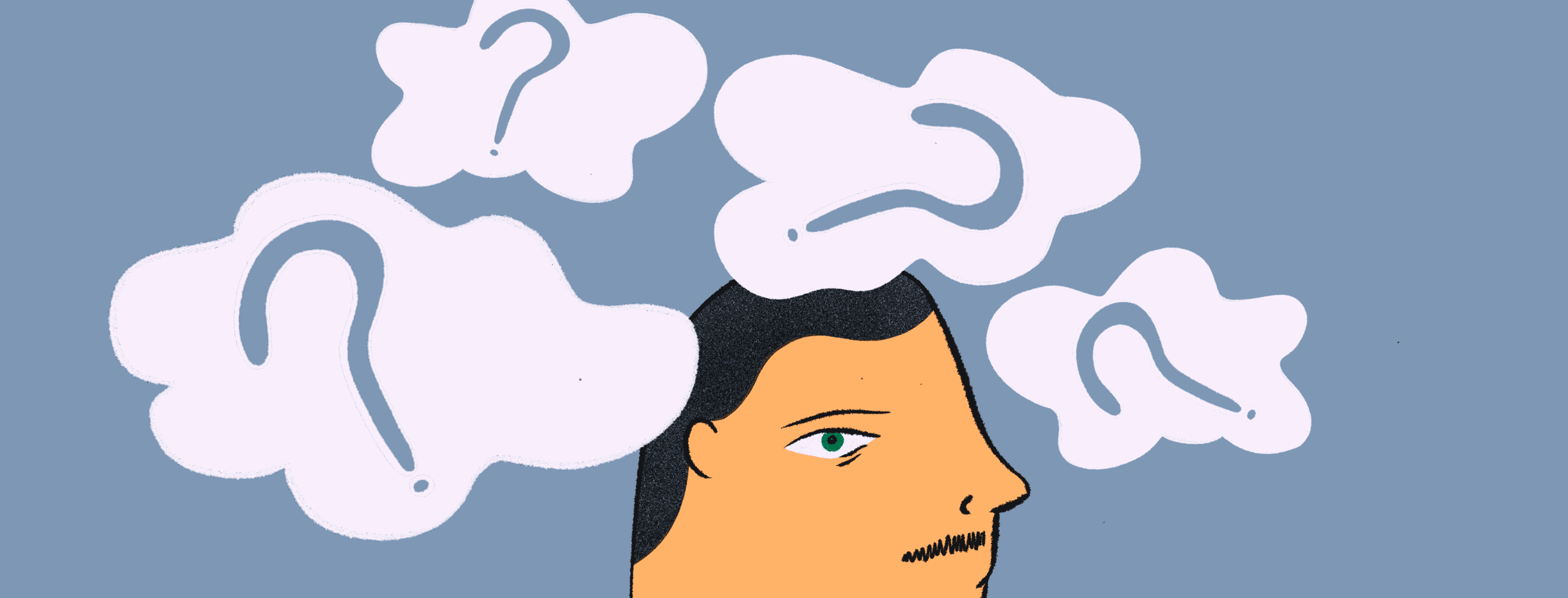The Power of My Whiteboard
When in doubt, write it down.
As someone who has for so long relied on a very strong memory, AxSpA put a twist in how I organize my life.
Before my nr-AxSpA diagnosis, I was someone who rarely wrote things down. I was able to rely on my memory for all my day-to-day activities. Then, I started to notice my memory began faltering. I would uncharacteristically miss appointments, I would forget lyrics to songs I had been singing from memory for years, or I would forget to do basic tasks and chores around the house.
Eventually, I realized it was the pain I was feeling that was causing new mental deficiencies
At the same time, my girlfriend who studies occupational therapy suggested the simple task of writing things down. Not only can it help with forgetfulness that comes with brain fog, but also it can be an underrated tool for coping with the mental side of living with a chronic illness.
So, I turned to a very simple device to help: our whiteboard.
When in doubt, write it down
For years, we’ve had one mounted to the side of our refrigerator. It was initially used for our grocery list and meal prepping for the week. Now, it has developed into one of my AxSpA self-care tools.
For me, the fridge is a good location because it is central in my apartment. If I am in a moment where I either need to write things down or take a peek at what I may have forgotten, it is usually only a few paces away. It is also a spot I walk past frequently, so it will catch my attention when I may have forgotten a task.
It breaks a frustrating cycle of forgetting tasks, then remembering them at an inopportune moment. It recurs whenever I’m experiencing brain fog.
For example, I would remember that I left my clothes in the dryer as soon as I left the house. Instead, now I write the word “laundry” and it helps me stay on task.
Or other times, I may have a list of three of four chores to do and I would forget the last one. Now, I can erase them upon completion.
Secondarily, writing things down work very well to cope with the mental side of AxSpA.
I was very skeptical that it would work
But chalk it up to another “I told you so” moment in our relationship.
When I’m going through a more challenging day, a strategy that has worked wonders for me is to follow the same concept of writing my tasks down and completing them, but to select much easier chores to finish that day.
The simple act of erasing them really enhances feelings of accomplishment and work well to minimize the feelings of worthlessness that occurred often on those challenging days.
Secondly, I get a lot of illogical racing thoughts, common symptoms of depression and anxiety, whenever my pain spikes.
Writing these thoughts down really helps to get them out of my head. The most prevalent example is on sleepless nights when pain, along with those racing thoughts, is keeping me up in the wee hours of the morning.
When in doubt, write it down.
It is uncanny how a quick walk to the whiteboard, scribbling them down through sleepy eyes can help me to get back to sleep in those moments. And boy oh boy do those thoughts seem trivial and unimportant in the morning.
The whiteboard has become a great tool for me to cope with some of the repercussions of my brain fog, what have you discovered that works for you?

Join the conversation